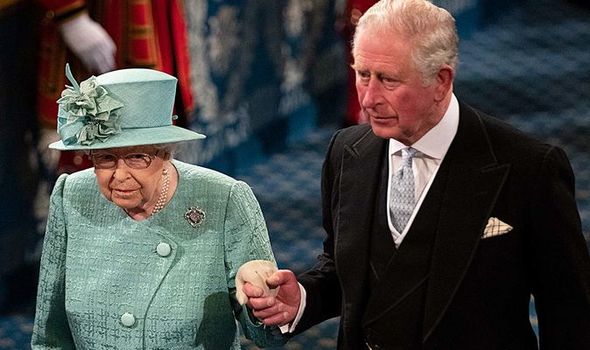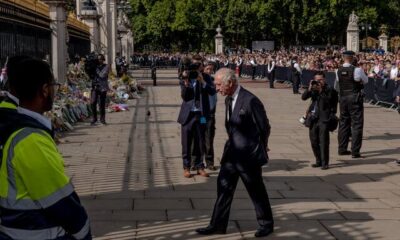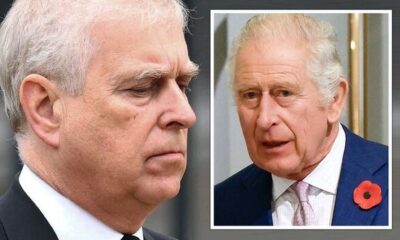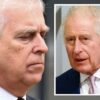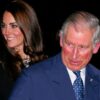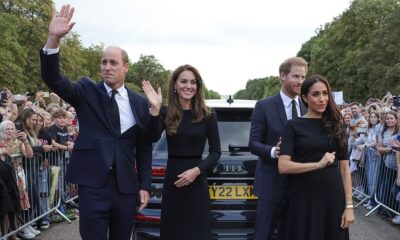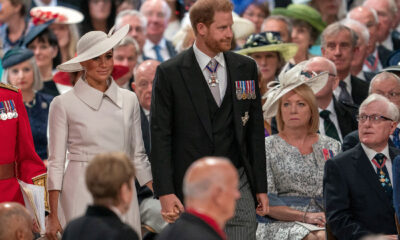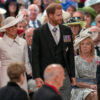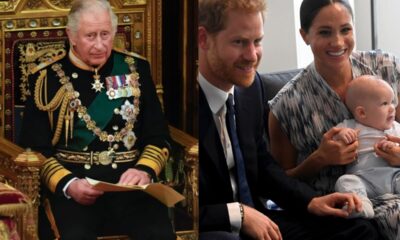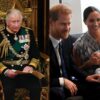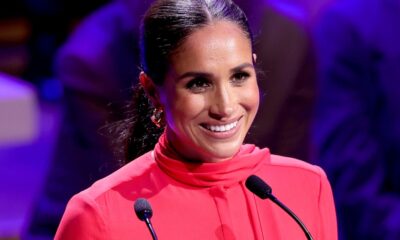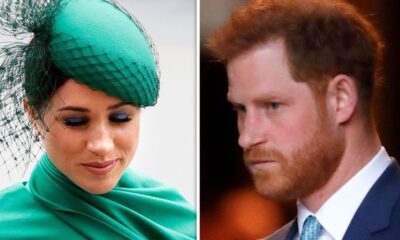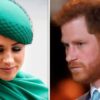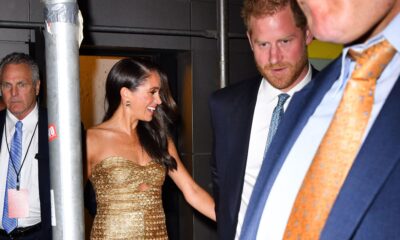Royal Family News
Prince Charles to become ‘quasi king’ as Queen steps back
According to a royal expert, Prince Charles will become a “quasi-king.” The Queen, who turns 95 next week, will “never abdicate,” according to biographer Robert Jobson.
Following the death of his father, Prince Philip, Jobson said the next in line to the throne would take over as patriarch of the family.
“The Prince of Wales will step up,” he said on ABC's The Heir Pod, “in a way he's already been doing that for the past five years, but now he truly is the patriarch of the family because the Duke of Edinburgh is dead.”
The expert told Omid Scobie that he will also make state visits on his mother's behalf, but he noted that there is “no doubt” she will remain queen till her demise.
“I mean I say quasi-king, but they'd hate that of course, but you've got to try and spell it out to a wider audience,” he said.
“The fact is the Queen doesn't do state visits anymore, so when Prince Charles goes to America say, he'll be representing the Queen – that's pretty much a state visit even though it's technically not.”
Charles is “almost between roles now,” according to royal correspondent Scobie.
Trending:
Varying opinions
The queen hosted a farewell service for a royal courtier who had been involved in arranging her husband's funeral just four days after he died. She also received a call from Justin Trudeau, the Prime Minister of Canada.
According to palace officials, unlike Queen Victoria, who vanished from public view for many years after her consort died in 1861, the monarch will maintain her lengthy history of public service.
When she is unable to participate in official ceremonies, the queen may depend on other senior members of the family to represent her. According to Ingrid Seward, a monarchy researcher and author of the book “Prince Philip Revealed,” the only notable improvement after Prince Philip's death is that she will be increasingly based at Windsor Castle as Buckingham Place undergoes repairs.
“She needs to keep going,” Ms. Seward said. “Because as she herself has said, ‘If I stop, I drop.'”
The sight of Queen Elizabeth sitting alone with her head down in the almost empty chapel of St. George's as her husband's coffin laid in front of her was one of the most moving and devastating pictures from Prince Philip's funeral on Saturday. Her Majesty was physically isolated from her family due to COVID limitations, with the majority of them seated in separate groups with their partners.
The moment's significance was a strong, breathtaking reminder that the Queen alone embodies the monarchy's continuity and consistency over the past 63 years, whilst her children and grandchildren must work collectively to modernize the institution in order to keep it alive.
The Queen looked frail and a step slower than normal as she emerged from the Royal Bentley that chauffeured her and one of her ladies-in-waiting to the funeral, despite the fact that she is still going strong at 94. It was a far cry from the courage and determination for which she has previously been praised. Her most loyal advisor, the Duke of Edinburgh, always provided guidance and counsel that no one else could; now, Her Majesty is without her “strength and stay.”
Prince Philip's death is a landmark moment for the monarchy, as one monumental period in the House of Windsor concludes and another starts, in addition to being a profoundly felt emotional tragedy for the Queen and her family.
Top stories:

